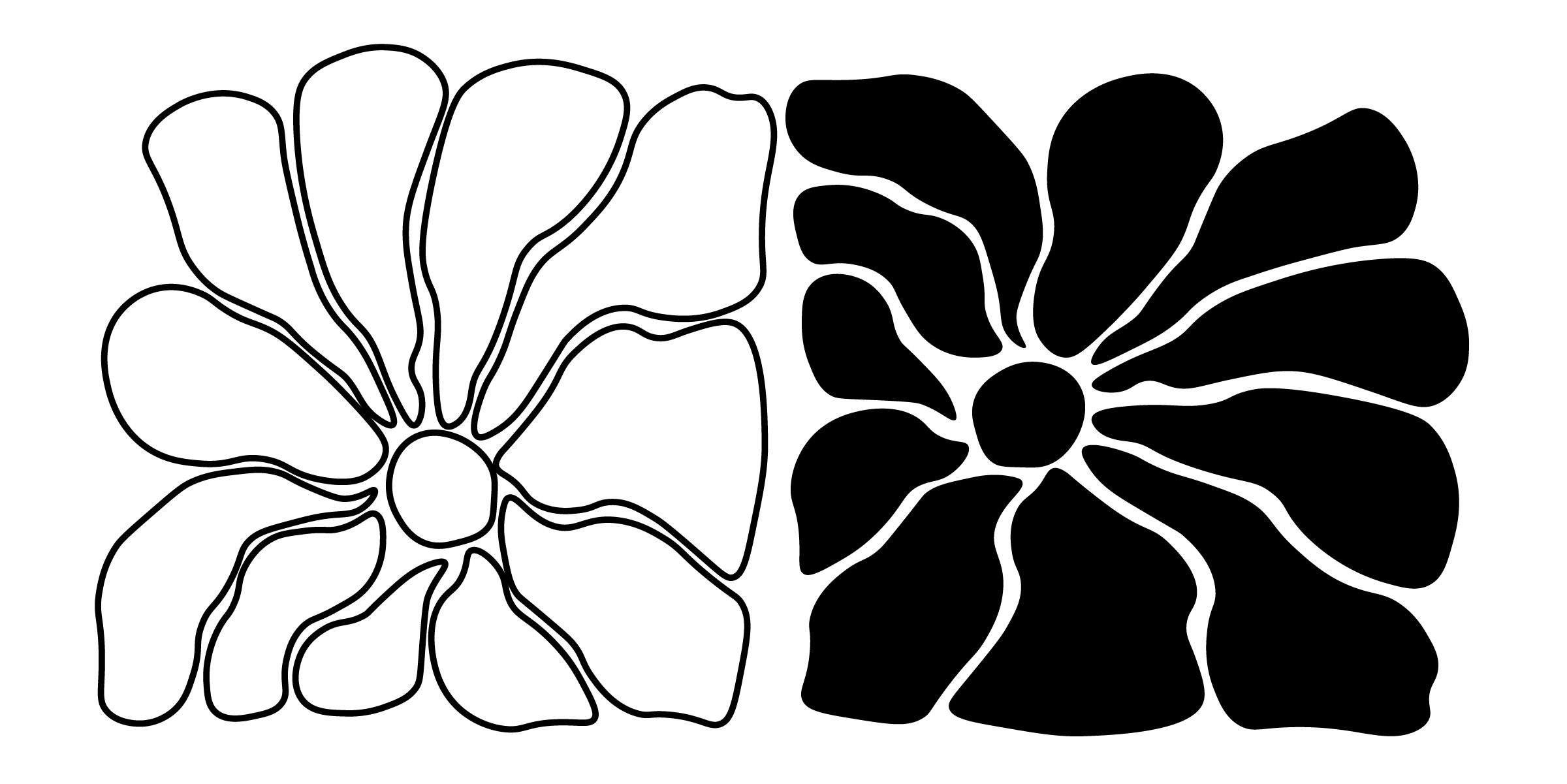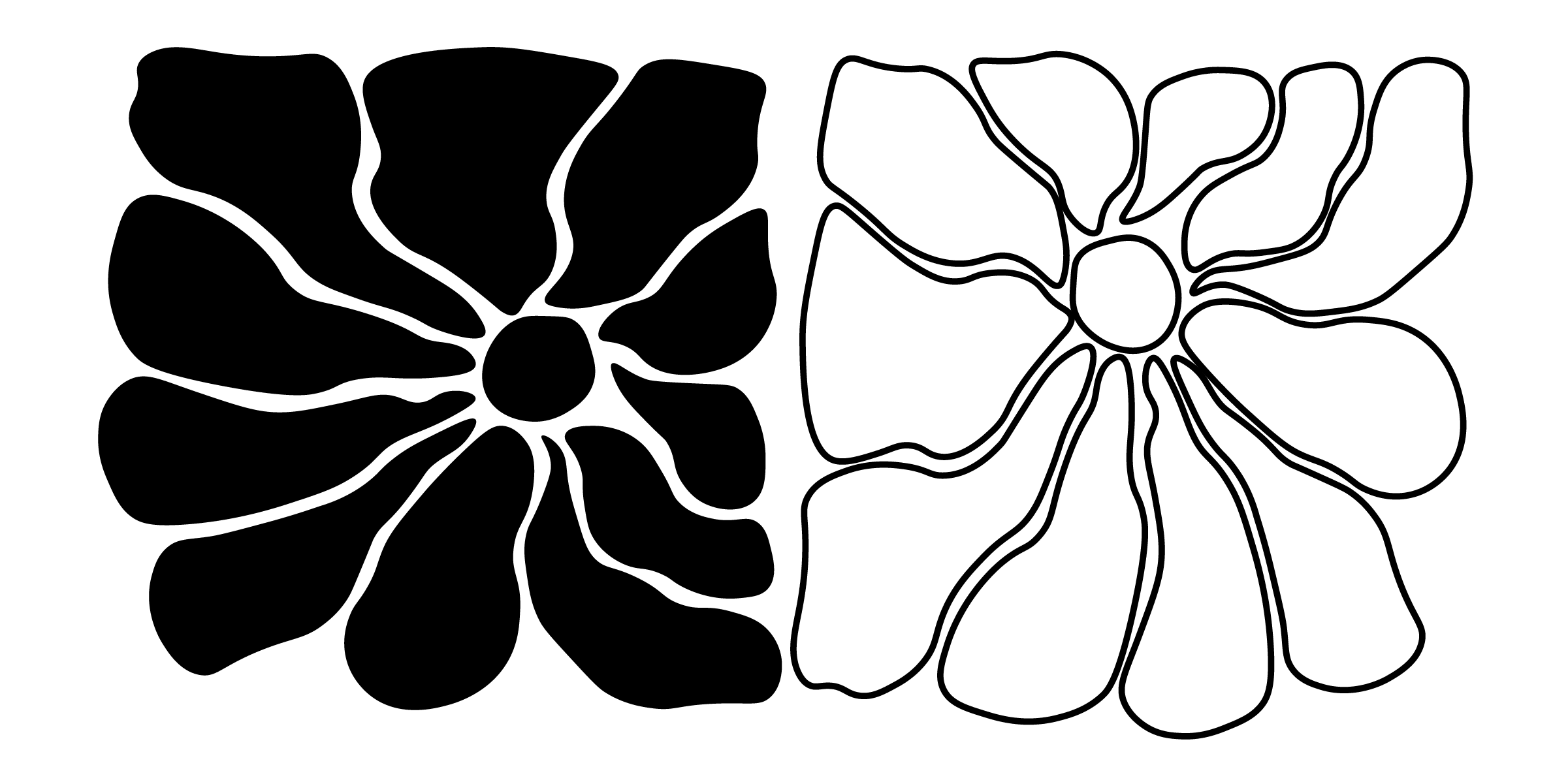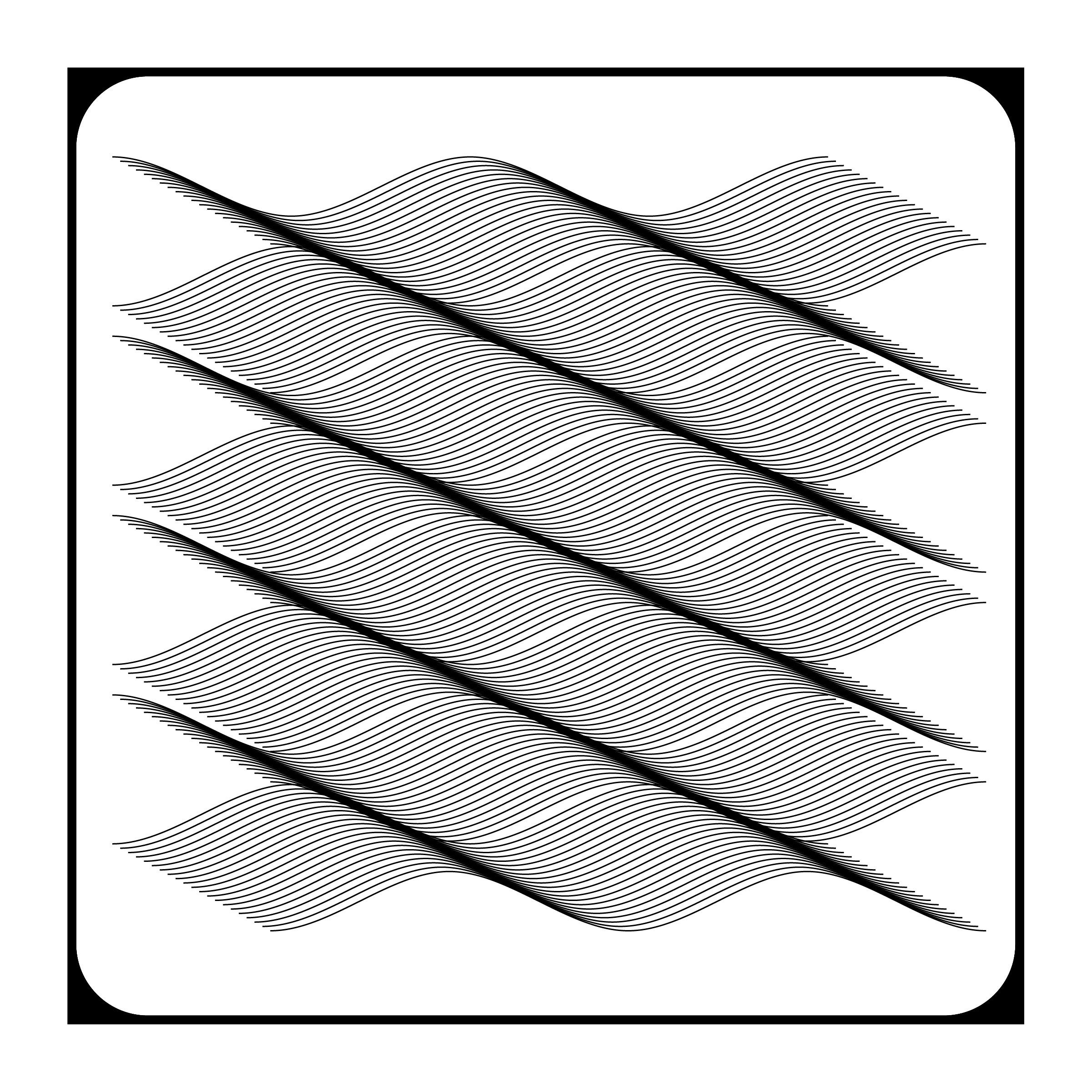
When we write, regardless of how
experienced we are, it’s difficult to predict how readers will interact with and interpret what we’ve written. From imagery, to regional word usage, to lived experiences, to age differences, to personal tastes, to knowledge of punctuation, syntax, and grammar, to the time of day that a piece is read, there are so many places for readers to find meaning where a writer never intended them to be found.
This week, I wrote a short poem that I think is fascinating because the way I interact with it, the meaning I make from it, and the things that I imagine while reading it vary dramatically by changing just one word.
I’m very curious to hear what you think.
When you read poem # 1 and poem #7, how do you feel? What do you imagine? Do you see the people in these two poems dealing with the same issues, are do you imagine them trying to forget completely different events from the night before?
Please let me know in the comments.

drinking to forget the things
that happened last night.
But I was close enough to
feel fear, even now.
I wonder: Do ants feel this
when they look at me?
removed the beard from my face,
but no one noticed.
blowing freely in the wind,
basking in the sun.
without the warbler’s birdsong
dancing on the air?
drinking to forget the things
that happened last night.

Interesting...don't know if you've read e e cummings but here's what he says:
A poet is somebody who feels, and who expresses his feelings through words. This may sound easy. It isn't. A lot of people think or believe or know they feel — but that's thinking or believing or knowing; not feeling.
I agree with @juniorgomez when he chooses the third poem for this reason - the others are reflective - they're thoughts, but the third one captures an experience and that's important because when you think you're a whole lot of other people - ideas are public property - but when you feel, you're nobody but yourself :)
Thank you for this comment. It gives me a lot to think about, and makes me want to respond in so many ways that I’m sure where to begin.
I’ve read e e cummings before, but that was probably 20 years ago or more, and I don’t know if I would say that I actually absorbed the poetry that I read by him. More likely, at that time in my life, my eyes scanned his words, and I tried to know or understand or feel them so that I could do what he and other people labeled as great writers were doing. As for his thoughts on writing, I don’t think I’ve ever read them.
The quote that you shared is intriguing. If a poet is a person who feels, what would you say a writer is? Or what do you think e e cummings would say a writer is?
I can’t specifically reference other writers or the essays where they’ve written about it, but I feel like many writers, especially those from the early 20th century and before, have said that poets are the people who truly feel things. Maybe that isn’t true and I’m only assuming this. I don’t know. But that sentiment is definitely something that I’ve heard before and have seen written by other people.
The issue I take with it is that it seems to say that a person who feels something and tries to express it in writing, but either doesn’t do it well, or does it in a way that is cliche or too unoriginal isn’t a poet. It also seems to suggest that people who don’t write well, don’t actually feel, even though they think they are feeling and were motivated to try to write poetry based on their feelings. Well, it doesn’t talk about people’s motivations for writing, but when I read the quote, I think that it makes that suggestion.
I don’t know what a poet is or what makes a good poem.
Didn’t somebody once say something like, I don’t know what good art is, but I know it when I see it? That’s how I feel about a lot of things.
My approach to writing is to create something that might spark an emotion in the reader, either through an image, a thought, a situation. Sometimes I try to capture my own emotions too, or I start with an original experience or emotion and then move away from it in the writing process.
You’ve given me lots to think about. Thank you.
I also really liked the thought at the end of your comment.
I’m off to read some e e cummings.
Those two poems frame the other five, and make me try to make sense of the week's worth as a whole. Which works really. The collection starts with a man who suffers from regrets, heartbreak, financial loss, grief or social embarrassment etc - could be anything! The last brings me closer to thinking his problem is of the heartbreak variety. In between, I see his progression from an existential state, to the mundane in #4, then he begins to see hope again in the birds and the sun, in nature. Then wham bang, I go back to the heartbreak business. The collection has me in a circle of life. Best stay out of bars though.
#5 I love.
Sound advice about bars. 😉
Although they’re not quite the same in Japan.
Another wonderful comment. Thank you. I like hearing about your thoughts and how you are able to make a full-circle story with these bits and pieces.
Maybe you can develop it into a freewrite of your own.
Well, poem #2 shades the meaning of #1 for me. #2 suggests a bar fight involving the guy in #1.
For number #7, in part because of the context (in the bar), and the gender pairing between #1 and #7, it's seems that 'what happened' was either romantic or sexual. With the girl it is easy to think of rape or even consensual sex that she regrets.
Because of the sequence, or that you begin and end with the 'drinking to forget', I have to see them as connected, so that both are drinking to forget the same event. I doubt that a man (or maybe most men) would drink to forget random consensual sex.
Of course, it could be a couple that broke up romantically, or agreed to a divorce. Again the context of a bar and the hook up scene that goes with it suggest sex to me, though.
Gender is such a straitjacket. If I were reading this as a single stanza, with a one word change (man/girl), I absolutely would think of a plethora of possibilities for the guy to be forgetting (bad business deal, for example), but with the girl it would probably be limited to sex or romance. Ridiculous, I know, but even though I know it's ridiculous, I'm still filtering the world that way, to some extent.
If you read them as connected poems, I could see how #2 would really affect the way you read #1, but they’re all totally unrelated.
#2 is actually about being in Sendai City at the time of the big earthquake that happened in 2011. I was only about 8 km from the sea, maybe even less, so I never saw the tsunami that day, but the earthquake itself was terrifying, and learning about the tsunami afterward has left a piece of fear in me ever since.
I now work at a school that is less than 500 meters from the sea, and though I’m happy look out the window and see it, a part of me always wonders what if …
I don’t try to explain all of that, but rather hope that the sensation of having been near enough to experiencing something terrifying that it leaves its mark on you is something that other people can relate to in some way.
I was hoping for people to read #1 and #7 as totally unconnected and unrelated, and then comment on whether the poems had different meanings to them, much like you did at the end of your comment.
I feel the same way as you. If the character is a man, I just assume that he could be thinking about a number of things, but when the character is a girl (not a boy or a woman), what I imagine also tends to be limited to some kind of sexual violation. Obviously, it doesn’t have to be, but for some reason, that’s what comes to mind for me, so I was curious if other people experienced the poems in the same way.
It's also worth noting the difference in readings between 'girl' and 'woman'. 'Girl' is more sexualized than 'woman'; I would think a break up or even divorce more likely if it was a woman in the bar.
I live 25 miles from the ocean. We haven't had a 'big one' in this area for over 500 years, so we're either about due, or it's something I don't need to worry about in my lifetime. I try not to think about it, but there are tsunami warning signs everywhere.
I completely agree. I also think it’s funny how saying the girl at the bar sounds completely normal, but (for me, at least) saying the boy at the bar sounds kind of ridiculous, like there’s a 10 year kid sitting at the bar drinking away his traumas.
I really liked the third poem. It makes you think about how big and small we are at the same time. Greetings.
Thank you. That is a part of the sensation I was hoping to describe.
I don't really want to say anything now.
Except that you make me think better. And see more clearly.
You spoil me with praise and wonderful comments.
:)
Nah... you just write super well and I love good writing.
I don't think I'm in the right mindset for haiku tonight, or to analyze whether the gender shift between 1 and 7 should mean anything to me. Sorry.
No worries. If the gender shift/word change means nothing to you, that’s helpful for me to know.
When I write, I see things and picture things that the reader doesn’t see, so the only way to know if what I’m imagining is actually seen in the same way by the reader is to ask.
I appreciate your comment.
It seems to me that in these 7 poems there is a close relationship. I like all of them, but 4 is an example of what happens in our lives every day. Sometimes we change for the better or stop doing negative things and we go unnoticed by many people. The truth is that these are lessons that you transmit. Thank you for sharing. Cheers and greetings.
Thank you for commenting. Yes, #4 is a funny one. What seems like such a big change to yourself can be so small to those around that they don’t even notice. Now that I think about it, the same could be said about the things we often feel embarrassed about.
I really liked them a lot and, in spite of choosing 4, I like them all.
I have always admired people who convey so much with few words and these 7 poems are an example. I reiterate my thanks for sharing. Cheers and greetings.